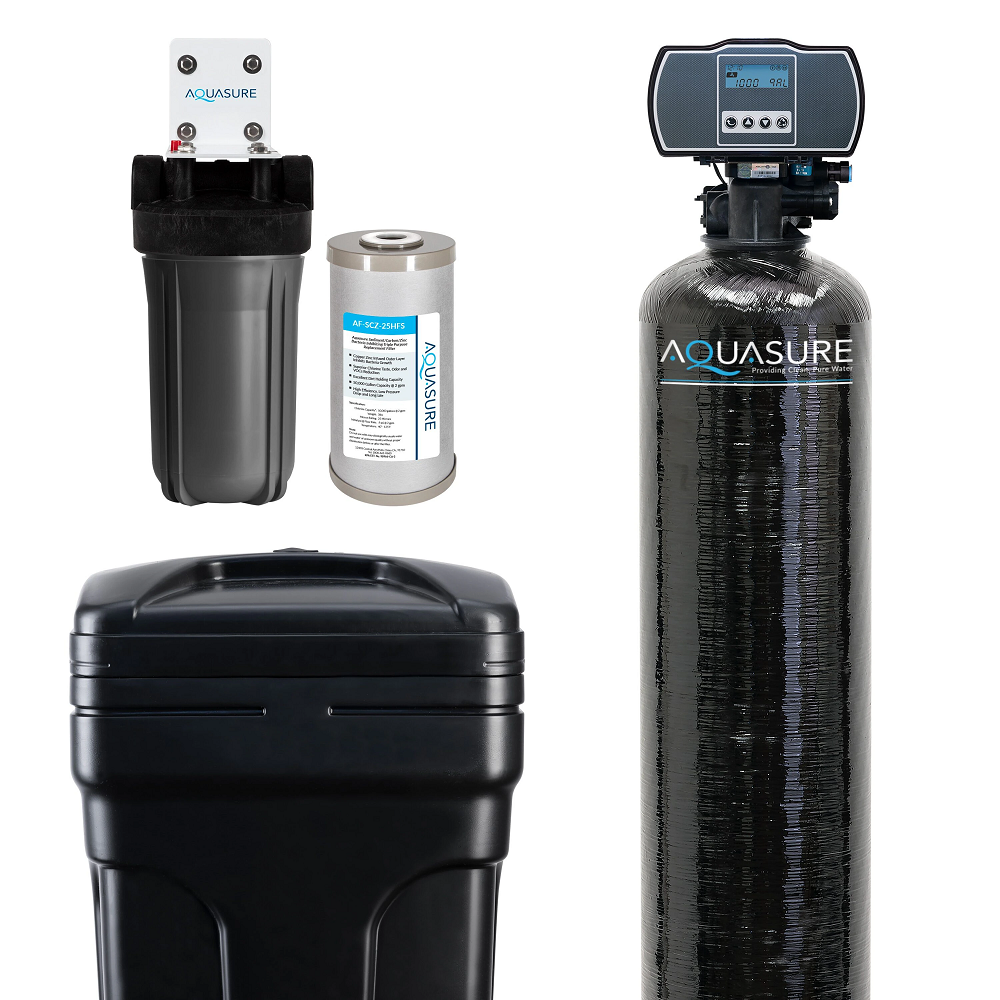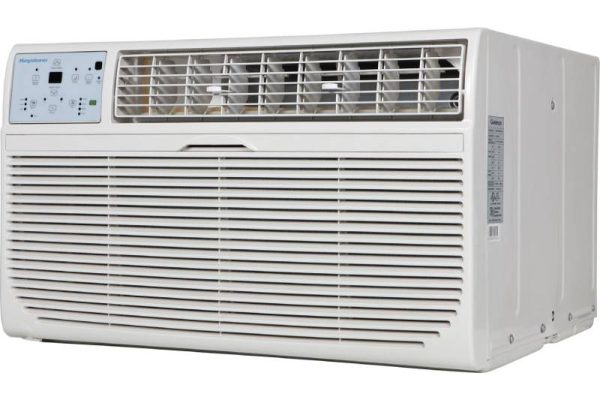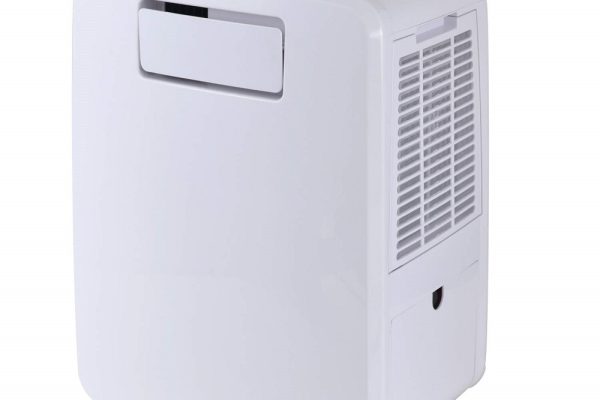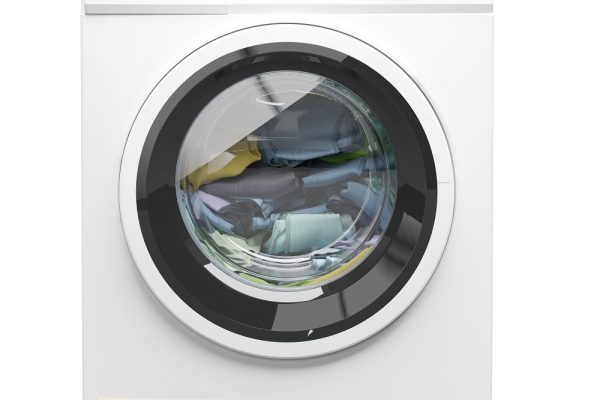Water conditioners play an essential role in maintaining the quality of water in our homes. They help remove impurities, soften hard water, and improve overall water quality. With a vast array of options on the market, choosing the best water conditioner can be overwhelming. This article explores the best water conditioner picks for clean and healthy water, detailing their features, benefits, and why they stand out in a crowded marketplace.
Understanding Water Quality Issues
The Importance of Water Quality
Water is a fundamental resource vital for health and daily living. Contaminants and impurities can lead to health issues, including gastrointestinal illnesses and long-term exposure risks. Thus, maintaining clean and healthy water is crucial for well-being. The introduction of best water conditioners has paved the way for homeowners to improve their water quality effectively.
Common Water Problems
Some common water issues include hardness, chlorine odors, and sediment. Hard water, which contains high levels of minerals such as calcium and magnesium, can cause buildup in pipes, leading to plumbing issues. Chlorine is often added to municipal water supplies to disinfect but can produce unpleasant tastes and odors. Sediment presents another challenge, as it can cloudy the water and negatively impact its clarity and taste. Understanding these problems helps in selecting the right water conditioner for your needs.
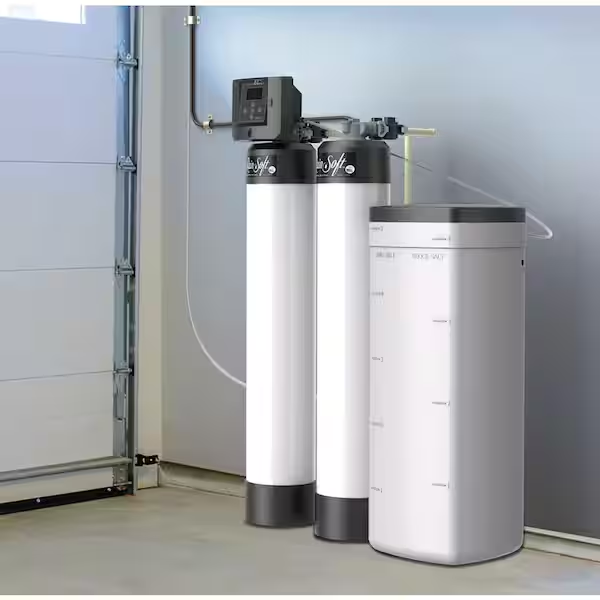
Different Types of Water Conditioners
Water Softeners
Water softeners are among the most popular types of water conditioners. They manipulate calcium and magnesium ions in hard water and replace them with sodium ions, effectively softening the water. The process typically involves ion exchange technology, where hard minerals adhere to resin beads in the softener tank. As the system detects hard water, it regenerates by flushing the beads with a salt solution to maintain performance.
Magnetic and Electronic Conditioners
An alternative to traditional water softeners is magnetic or electronic conditioners. These systems use magnetic fields or electrical impulses to alter the properties of hard water minerals. They aim to prevent scale buildup without the need for salt or chemicals. While these systems can be easier to install and require less maintenance, their effectiveness may vary. Researching user reviews can provide insight into their performance.
Whole House Filtration Systems
Whole house filtration systems also fall under the category of water conditioners. These systems are designed to remove a range of contaminants, including chlorine, sediment, and heavy metals, from all water sources in the home. They employ various filtration methods such as activated carbon or reverse osmosis. Although they include conditioning features, their primary function is to ensure that clean water flows from every faucet.
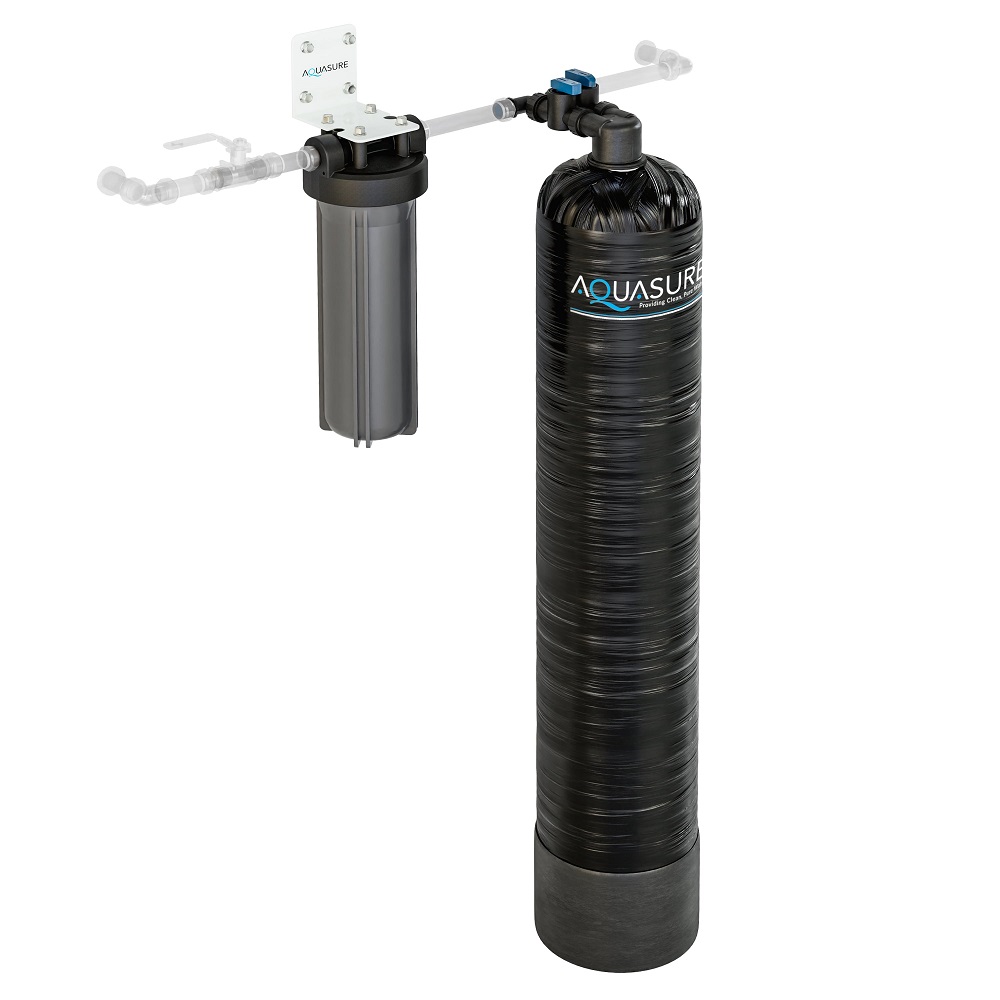
Factors to Consider When Choosing a Water Conditioner
Water Quality Testing
Before selecting a water conditioner, performing a water quality test is essential. Testing can help identify specific contaminants or minerals present in your water supply. Many companies offer water testing kits to provide a clear understanding of your water quality. Once you know the issues, you can choose a conditioner that effectively addresses them. For instance, if you have hard water with excessive minerals, a traditional water softener may be the right choice.
Installation Requirements
Consider the installation requirements for each type of water conditioner. Some devices are easy to install and may even require no tools, while others may need professional assistance. Evaluate your DIY skills and willingness to handle plumbing tasks, as this will influence your decision. Often, water softeners require more complex installations compared to simpler systems like faucet filters.
Maintenance Needs
Maintenance is another crucial aspect to consider. Some water conditioners, like traditional water softeners, require regular salt refills and periodic cleaning. On the other hand, filtration systems may need filter replacements every few months. Understanding the maintenance requirements can save time and money. Choose a system that fits comfortably within your lifestyle and budget for upkeep.
Top Picks for Water Conditioners in 2025
1. Fleck 5600SXT Water Softener
Features
The Fleck 5600SXT Water Softener is a popular choice known for its reliability and ease of use. It features a digital control head that allows users to track water usage and manage regeneration cycles efficiently. It is capable of handling hardness levels of up to 75 grains per gallon, making it suitable for most households.
Benefits
This water softener is designed for optimal performance while minimizing salt and water usage during regeneration. Many users appreciate its compact design and straightforward installation process. Additionally, its durable construction ensures longevity, making it a valuable investment for homeowners seeking to improve water quality.
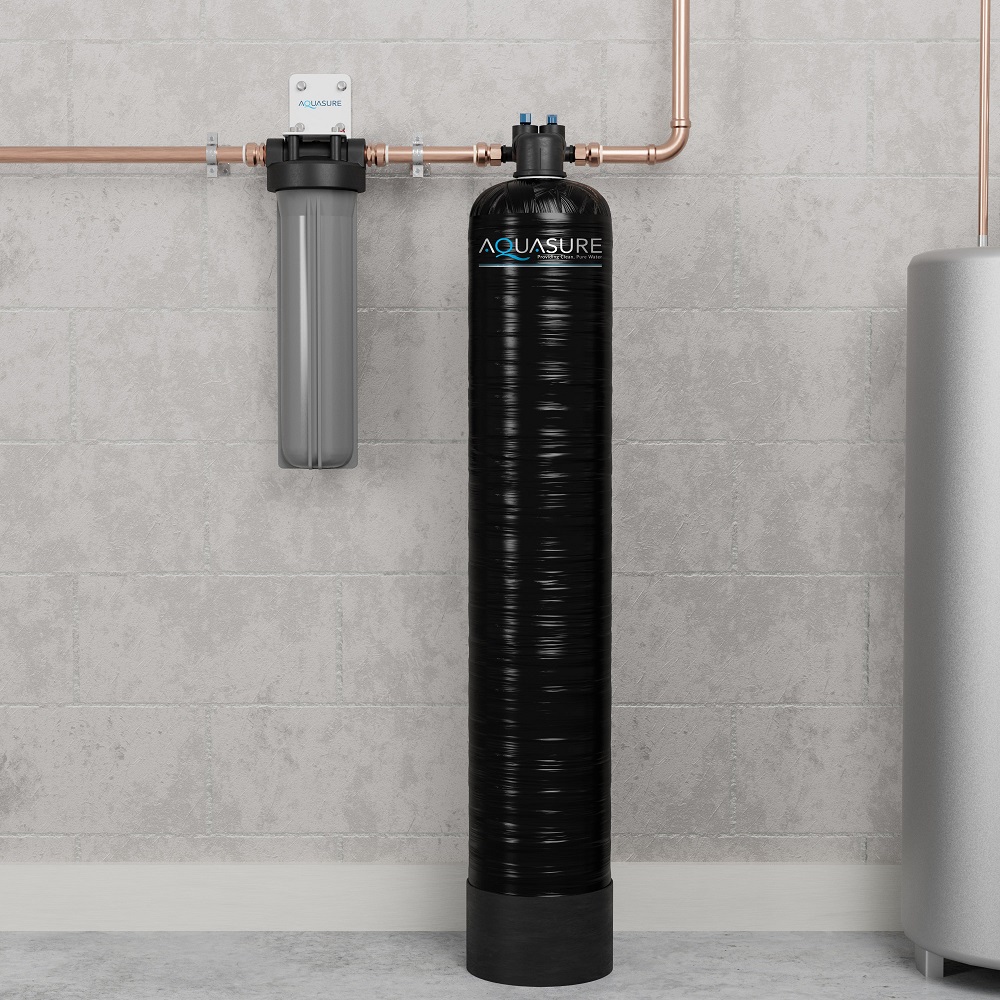
2. iSpring WGB32B 3-Stage Whole House Water Filter
Features
The iSpring WGB32B is a whole house filtration system aimed at removing chlorine, sediment, taste, and odor issues. With three stages of filtration, it utilizes a combination of sediment filters and activated carbon to enhance overall water quality, benefiting all faucets and showers in the home.
Benefits
This system is easy to install and maintain, requiring only annual filter changes. Additionally, it provides a high flow rate, ensuring that water pressure remains strong throughout the house. Homeowners love the improvement in water quality and taste, making it an excellent choice for families seeking healthier water options.
3. Yescom Water Softener System
Features
Yescom offers an innovative water softener system that stands out due to its compact design and advanced technology. It features a digital display for monitoring water usage and a fully automatic control system. With a capacity to handle up to 64,000 grains of hardness, it is perfect for small to medium households.
Benefits
The Yescom system utilizes a high-efficiency ion exchange process, which significantly reduces mineral buildup in pipes and appliances. Additionally, its installation is user-friendly, making it ideal for DIY enthusiasts. The energy-saving features further appeal to environmentally conscious customers looking to reduce their water usage.
4. Crystal Quest CQE-UV-00105 Water Filter
Features
The Crystal Quest Water Filter is known for its comprehensive filtration capabilities. This system includes a UV filter, which effectively reduces bacteria and viruses in the water supply. Beyond that, it utilizes different filtration methods to tackle chlorine, sediment, and heavy metals.
Benefits
Customers appreciate the efficiency and quality of the Crystal Quest filter, particularly its capability to produce healthier water for drinking and cooking. The UV component adds an extra layer of safety, especially for those concerned about pathogens in their water supply. This system is a great choice for families wanting a reliable filtration solution.
5. Aquasana Whole House Water Filter System
Features
Aquasana offers a whole house water filter system that utilizes a combination of filtration methods to remove up to 97% of chlorine and other contaminants. The system includes a pre-filter and a UV sanitizer to ensure top-notch water quality throughout your home.
Benefits
With a flow rate of up to 7 gallons per minute, this system is ideal for families. The easy maintenance of the filters and replacement cartridges ensures that this system remains cost-effective. Furthermore, Aquasana’s commitment to sustainability and eco-friendly practices makes it an attractive option for environmentally-conscious consumers.
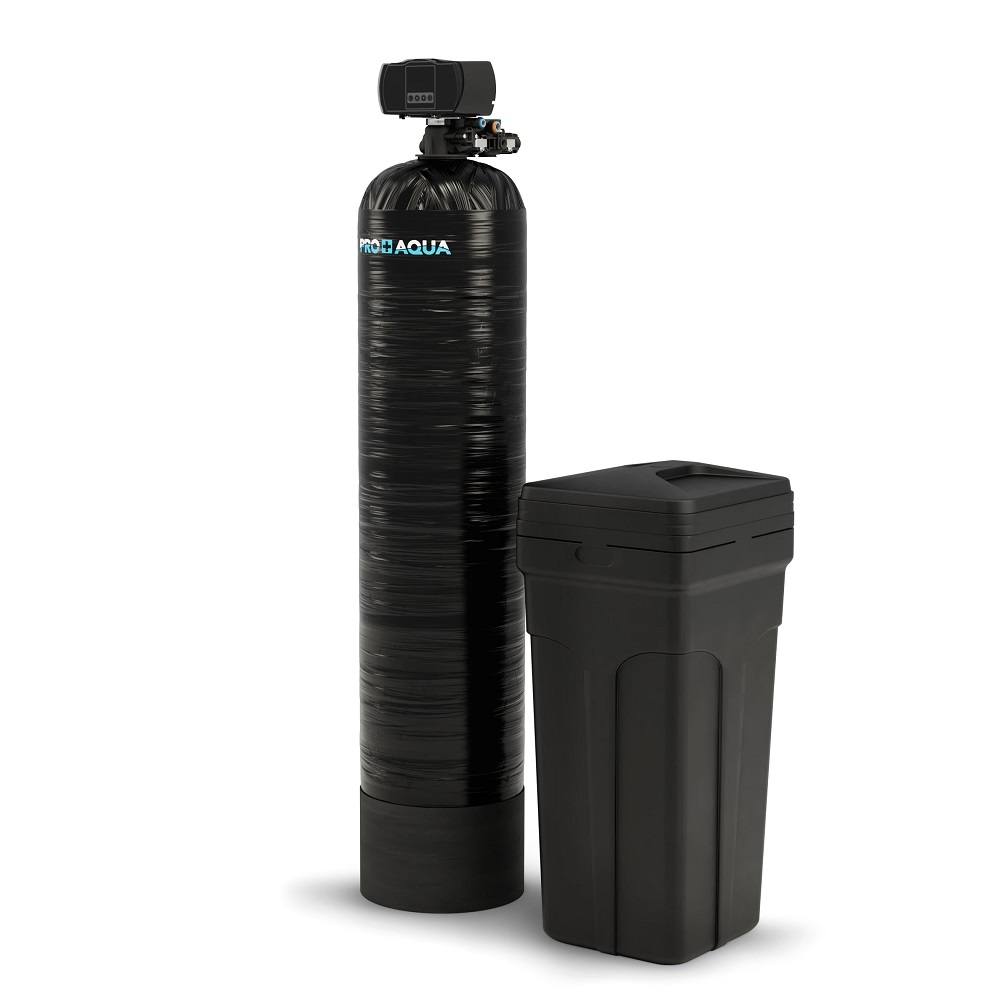
Understanding Your Local Water Supply
Assessing Local Water Quality
Understanding the specific quality of your local water supply is fundamental when selecting a water conditioner. Local water may contain unique contaminants based on geographical location. For example, areas with heavy agricultural activities might have higher levels of pesticides or herbicides. Researching local water quality reports can provide valuable insight into what issues your water conditioner needs to address.
Seeking Professional Advice
If the results of your water test are concerning or if you need help interpreting the data, consulting local water treatment professionals is recommended. They can recommend suitable water conditioners based on your specific concerns and guide you through the purchasing process. Their expertise can ensure that you end up with the right solution tailored to your needs.
Installation and Maintenance Tips
Installation Tips
Proper installation of your water conditioner is crucial for optimal performance. Many systems come with detailed instructions for DIY enthusiasts. It’s essential to follow the manufacturer’s guidelines closely. If you feel uncertain about the installation process, consider hiring a professional plumber to ensure everything is set up correctly. This investment pays off when it comes to maintaining water quality.
Maintenance Plans
Creating a maintenance plan is integral to the longevity and effectiveness of your water conditioner. Regularly check filters for replacement timelines and perform any necessary cleaning tasks. Scheduling yearly inspections can help identify issues before they escalate. When you maintain your system properly, you can maximize its lifespan and the quality of your water.
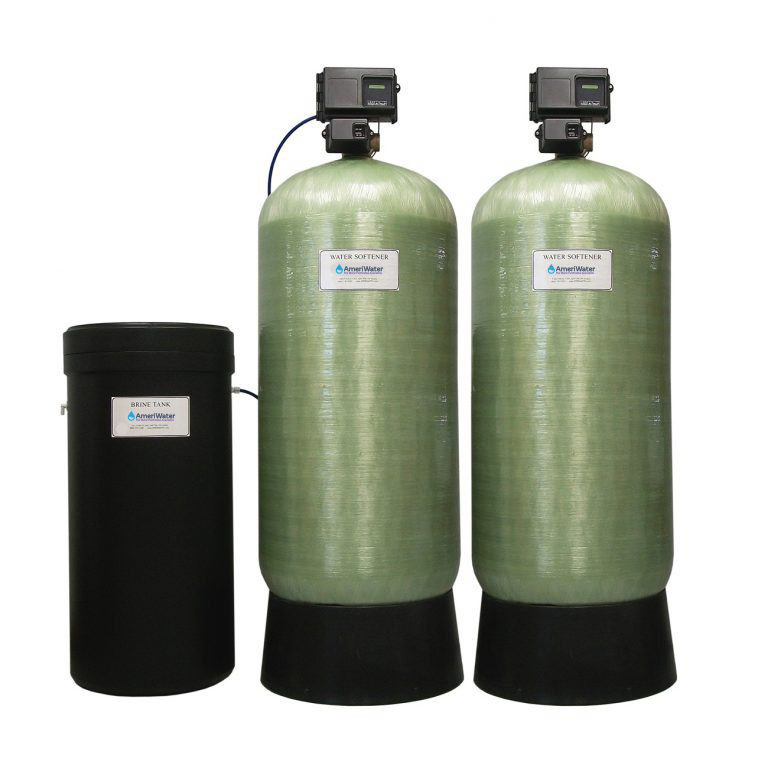
FAQ:
1. What is a water conditioner, and how does it work?
Answer: A water conditioner is a device or product designed to improve the quality of water by removing contaminants and balancing minerals. It typically works by using various methods, such as filtration, reverse osmosis, or chemical treatments, to reduce hardness, chlorine, heavy metals, and other impurities. The goal is to provide cleaner, healthier water for drinking, cooking, bathing, and other household uses.
2. What are the benefits of using a water conditioner?
Answer: Benefits of using a water conditioner include:
- Improved taste and odor: Removal of chlorine and other contaminants enhances the flavor and smell of water.
- Reduced hardness: Softening water can prevent scale buildup in pipes and appliances, extending their lifespan.
- Health benefits: Water conditioners can remove harmful substances like lead, bacteria, and pesticides, resulting in safer drinking water.
- Better skin and hair health: Conditioned water may help alleviate dryness and irritation often caused by hard water.
3. What types of water conditioners are available on the market?
Answer: Common types of water conditioners include:
- Water softeners: Typically use salt to remove hard minerals like calcium and magnesium, making water softer.
- Activated carbon filters: Effective at removing chlorine, sediment, and volatile organic compounds (VOCs) to improve water taste and quality.
- Reverse osmosis systems: Remove a wide range of contaminants by forcing water through a semi-permeable membrane.
- UV purifiers: Use ultraviolet light to kill bacteria and viruses, ensuring microbiologically safe drinking water.
4. How do I choose the right water conditioner for my home?
Answer: When selecting a water conditioner, consider the following factors:
- Water quality analysis: Test your water to identify specific contaminants and hardness levels to determine the type of conditioning needed.
- Flow rate and size: Choose a system that meets your household’s water consumption requirements and fits your available space.
- Maintenance requirements: Assess the maintenance needs for different types of systems, such as replacing filters or adding salt to water softeners.
- Budget: Consider the initial investment and long-term operational costs, including filter replacements and electricity usage.
5. Are water conditioners safe for the environment?
Answer: Many modern water conditioners are designed to be safe for the environment. However, it is essential to consider the following:
- Disposal of waste: Properly dispose of any waste generated from the treatment process, such as spent filters or brine from water softeners, in accordance with local regulations.
- Sustainability: Opt for water conditioning systems that use eco-friendly methods and have lower energy consumption.
- Chemical usage: If using chemical treatments, choose products that are non-toxic and safe for both humans and aquatic ecosystems.
Conclusion: Making the Right Choice
Choosing the best water conditioner involves understanding various factors such as local water quality, personal preferences, budget, and lifestyle. With so many options available, it is essential to consider not only the functional aspects but also how they fit into your everyday life.
In 2025, brands are continually improving technology and design, offering solutions that meet the needs of modern consumers. By selecting one of the best water conditioners for hard water, you can enjoy clean, healthy water and have peace of mind knowing you’re protecting your family. Dive into the world of water conditioners, explore top options for hard water, and find the perfect match for your home—making a difference for years to come!
